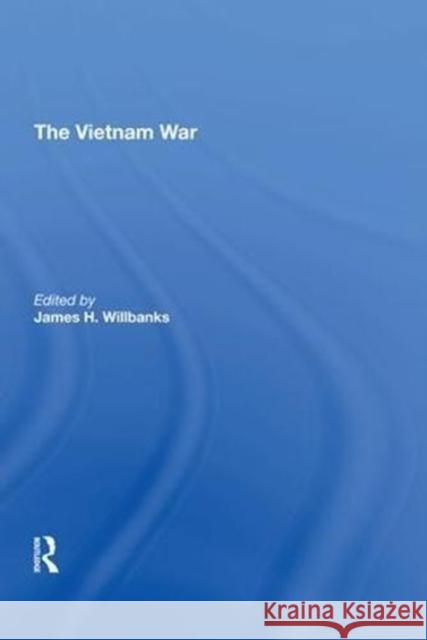The Vietnam War » książka
topmenu
The Vietnam War
ISBN-13: 9780815398370 / Angielski / Twarda / 2017 / 476 str.
The Vietnam War
ISBN-13: 9780815398370 / Angielski / Twarda / 2017 / 476 str.
cena 186,68 zł
(netto: 177,79 VAT: 5%)
Najniższa cena z 30 dni: 176,25 zł
(netto: 177,79 VAT: 5%)
Najniższa cena z 30 dni: 176,25 zł
Termin realizacji zamówienia:
ok. 16-18 dni roboczych.
ok. 16-18 dni roboczych.
Darmowa dostawa!
The Vietnam War remains one of the most contentious events in American history











